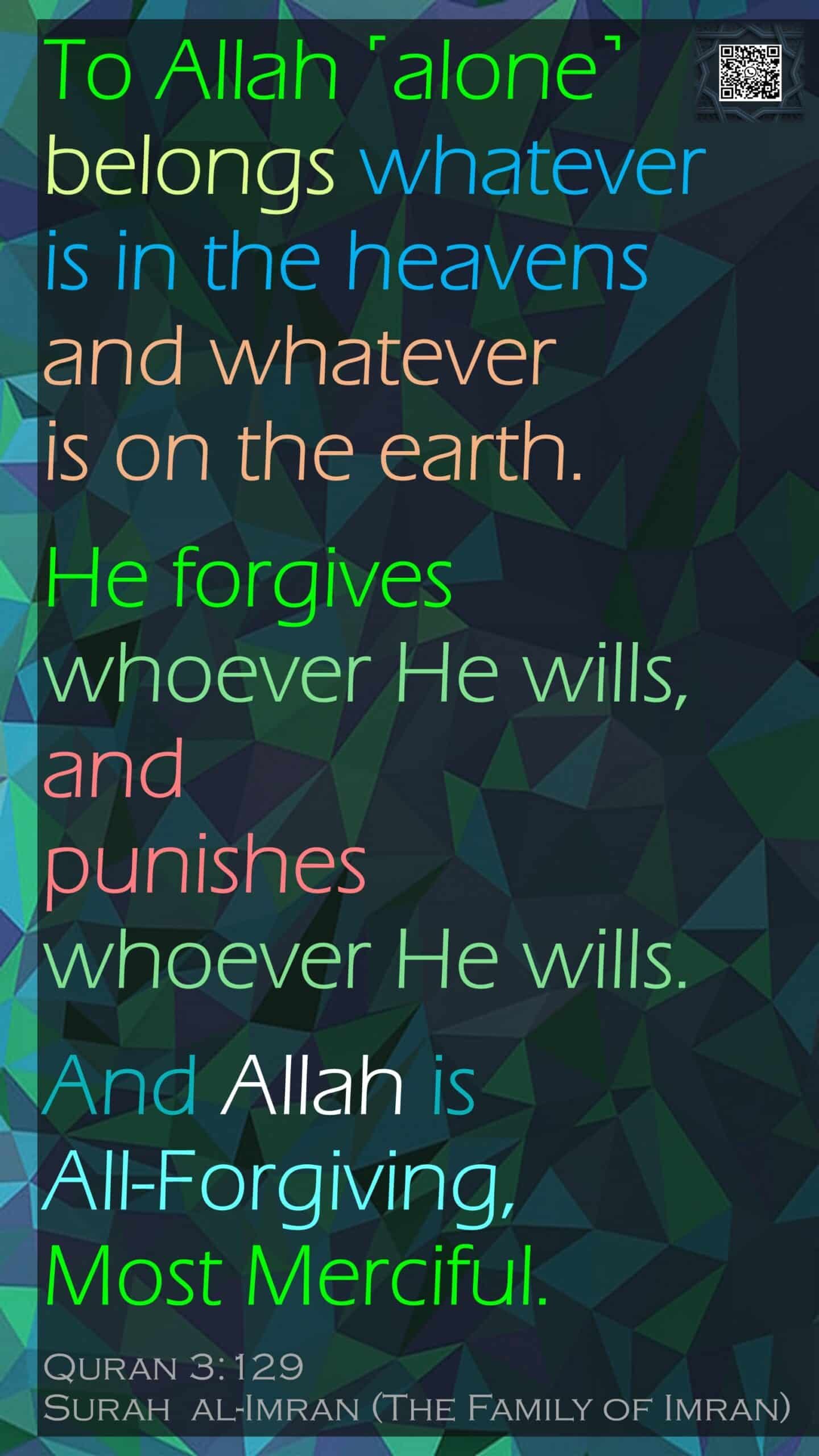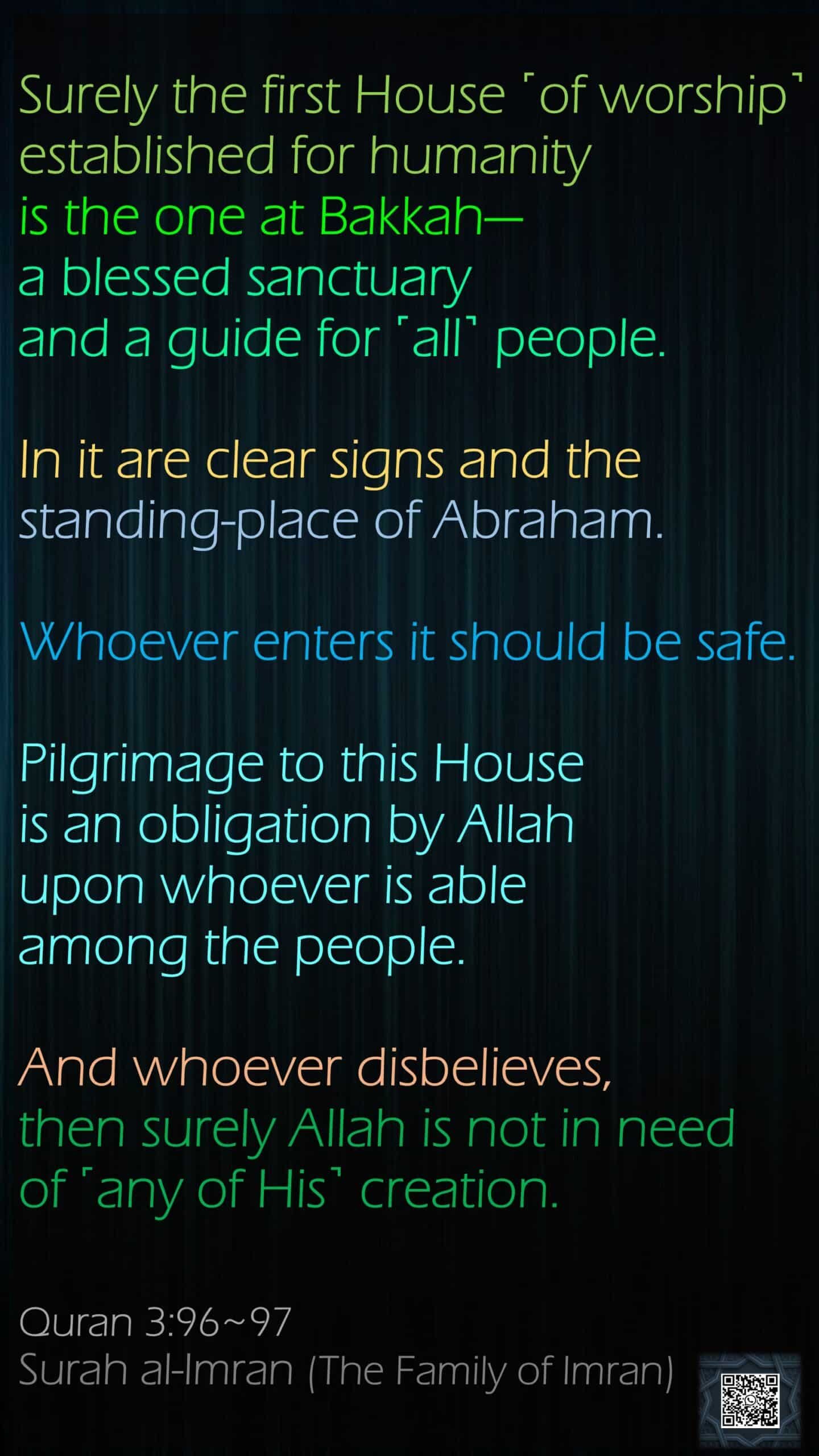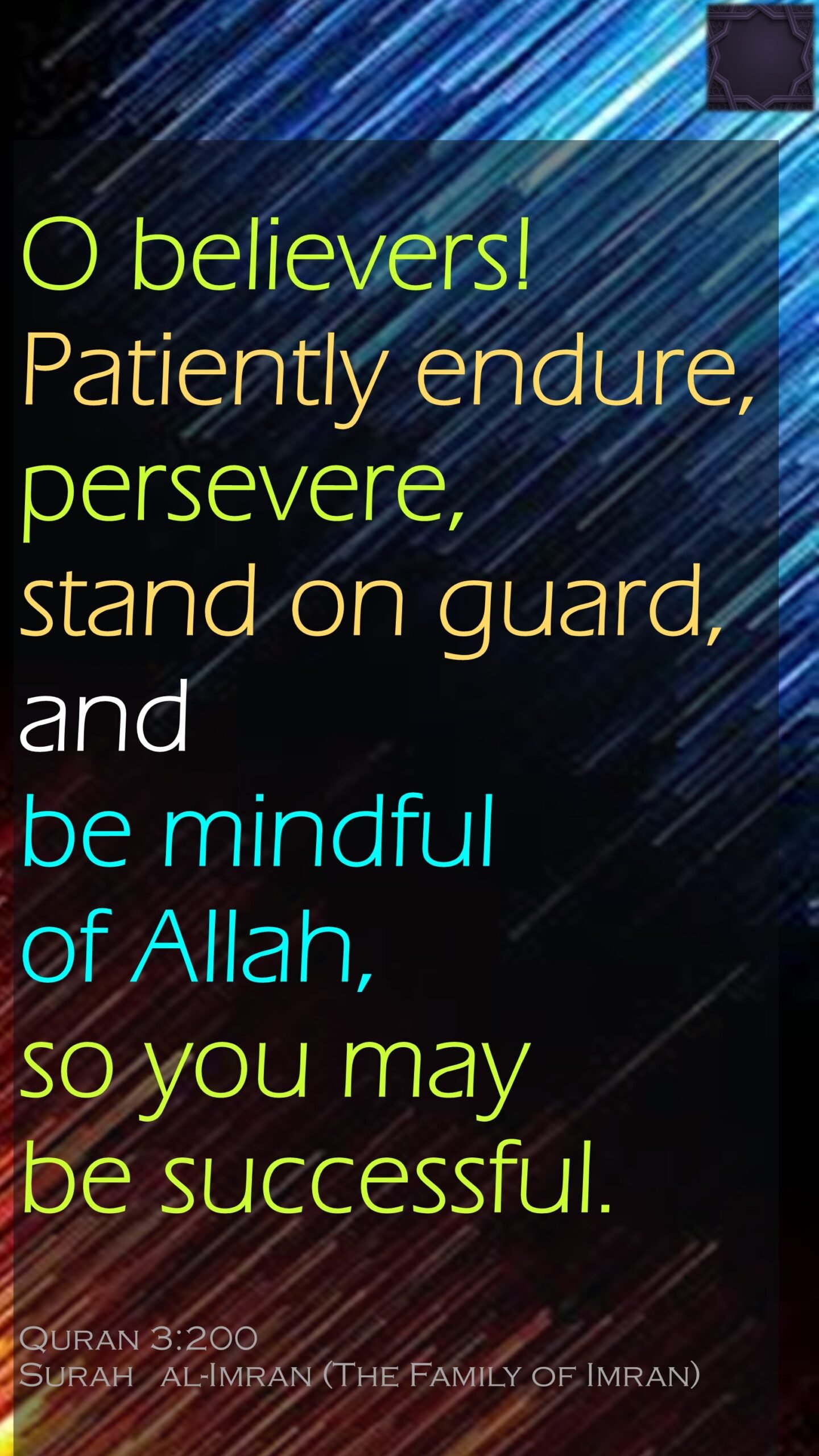Skip to Content
Tag Archives: al-Imran
- Home -
- Posts tagged "al-Imran"
13
Oct, 2025
Islam, Quran
003, 160, al-Imran, Allah, ayat, believe, daily, denies, family or Imran, help, inspirations, islam, islamic, Muhammad, none, quran, trust
12
Oct, 2025
Islam, Quran
003, 128, al-Imran, Allah, ayat, daily, denier, deny, family or Imran, fate, God-fearing, guide, human, inspirations, islam, islamic, lesson, Muhammad, quran, Sign, Surah, travel
11
Oct, 2025
Islam, Quran
129, al-Imran, Allah, ayat, daily, forgive, inspirations, islam, islamic, Mercy, Muhammad, punish, quran, Surah
1
Sep, 2025
Hadees, Islam
002, 003, 1874, 804A, Al-Baqarah, al-Imran, Allah, Baqarah, Blessing, bright, daily, day, flock of birds, grief, hadees, hadith, inspirations, intercessor, islam, islamic, Magic, Muhammad, Muslim, plead, quran, ressurection, shade, Surah
11
Aug, 2025
Islam, Quran
003, 097, Abraham, al-Imran, Allah, ayah, ayat, Bakkah, Bless, Blessed, Chapter, daily, family, house, humanity, Ibrahim, Imran, inspirations, islam, islamic, Makkah, Muhammad, obligation, pilgrimage, quran, safe, safety, sanctuary, Sign, Surah, surat, verse, worship
16
Feb, 2025
Islam, Quran
003, 200, al-Imran, Allah, ayat, believer, daily, day, endure, guard, inspirations, islam, islamic, mindful, Muhammad, patiently, perservere, quran, success, successful, Surah
20
Jul, 2024
Islam, Quran
003, 195, 197, 198, accomodate, al-Imran, Allah, ayat, best, brief, daily, decieve, disbelieve, enjoy, family, Gardens, hell, home, Imran, inspirations, islam, islamic, land, mindful, Muhammad, place, propsper, quran, residence, rivers, Surah, virtuous
23
May, 2024
Islam, Quran
al-Imran, Allah, ayat, best of planners, best plan, count, daily, disbelievers, disciples<stand, inspirations, islam, islamic, messenger, Muhammad, Plan, quran, Surah








